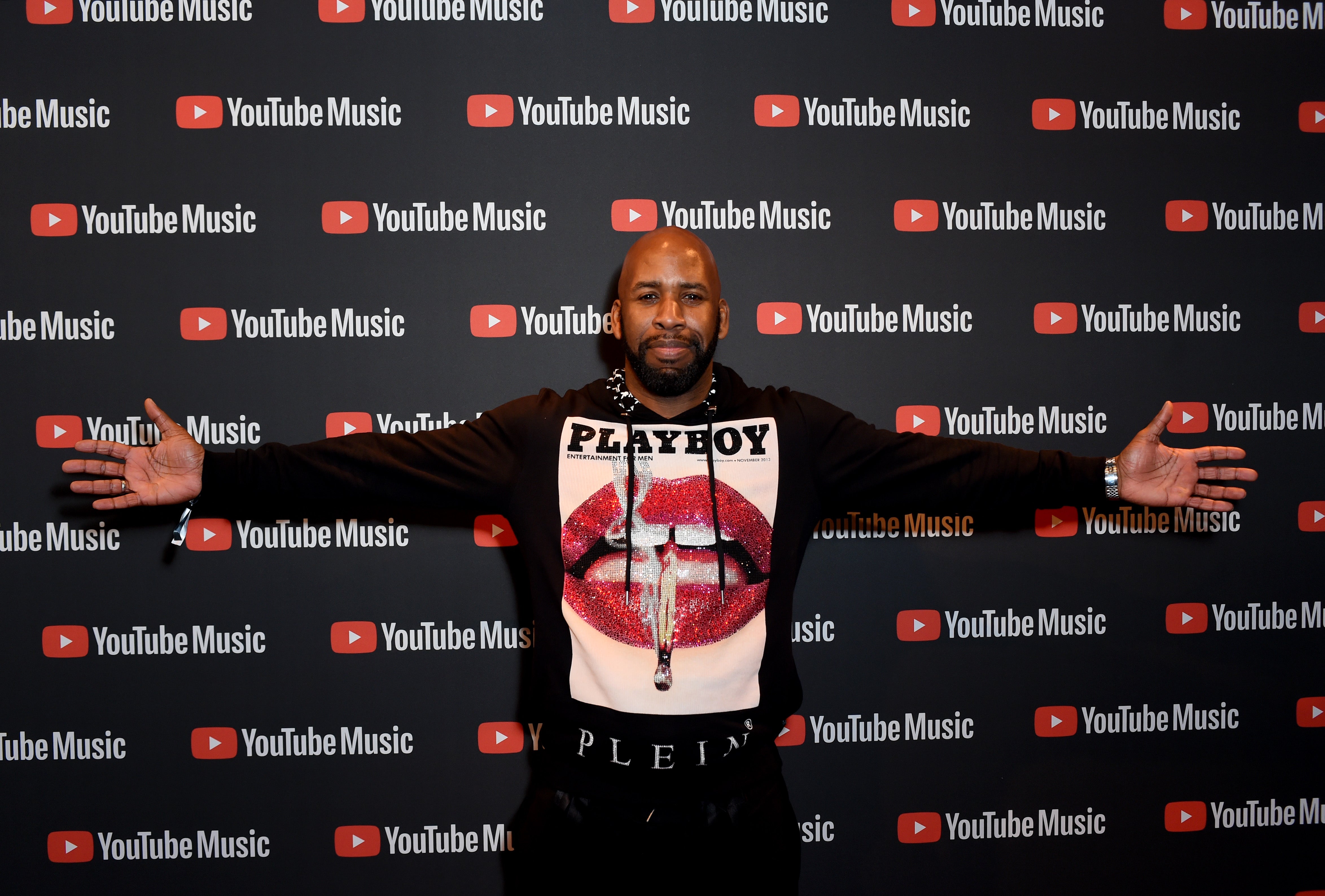I didn’t learn about Black history at school – but all children should
The sharing of information on Black history will go a long way towards combating and challenging prejudice. This is something we should all want, writes DJ Spoony


Is it OK that students only learn about Black history during Black History Month? In a word, no. Of course, “something is better than nothing”, but shouldn’t we do better?
It’s now Black History Month in the UK, and this year’s theme is “Time for Change: Action Not Words”. Throughout October, many history teachers across the country will deliver a special syllabus – as they often do during other important events like Pride or Ramadan – that helps pupils explore the lives and stories of those who came here over the past two centuries and helped lay the foundations of today’s diverse community of Black Britons.
It’s amazing that so many schools are committed to this national celebration of BHM, but the absence of Black history in the curriculum year-round and across all subjects is a big problem.
I went to a diverse secondary school, Highbury Grove in north London, which produced a few household names. My year alone turned out 2002 world snooker champion Peter Ebdon, national treasure Jay Blades fromThe Repair Shop, and yours truly. Three very different careers, I’d say.
I’d love to have been immersed in Black history there, but no. Family and community were the main sources of information and empowerment for me and other Black students, teaching us about the achievements of our ancestors who played a major role in making the UK what it is today.
The responsibility of grounding Black children in their heritage should lie not only with parents and elders, but with teachers too.
With Black history woven throughout the tapestry of today’s slightly narrow curriculum, encouraging critical thinking, the “journeys” that classes will explore during Black History Month 2022 would enrich all students – including those who aren’t Black.
Non-Black students may not understand how our society came to be, but they should. Non-Black students may not respect their peers’ cultures and traditions, but they should. When you plan for inclusivity, everyone gains.
Diverse classrooms would learn, for instance, about the Windrush generation, a group of more 1,000 West Indian immigrants brought to London in 1948 from Jamaica on the eponymous HMT Empire Windrush – captured from the Nazis as a trophy of war in 1945.
The Windrush generation were by no means the first Black people to settle in the UK, but they’ve become symbolic of the era of Commonwealth citizens who came to live here in the decades following the Second World War. Their arrival was a significant moment, not only in Black history but also in the wider history of the UK.
While we’re on the subject of seafaring vessels, a more inclusive curriculum would also, perhaps, impart diverse classrooms with knowledge of colonisation and the slavery that followed as a consequence of Spanish and Portuguese shipbuilding prowess. This took such explorers as Columbus and Magellan across the world to what European historical rhetoric describes as their “discoveries”.
“History is written by the victors”, as the renowned quote goes. The phrase is accurate in that the Europeans did write history according to their version of events. Only, maybe we should view those “discoveries” as illegal invasions, not the honourable conquerors their own accounts would have us believe. Is now the time for the “vanquished” to tell their side of the story? Absolutely.
To keep up to speed with all the latest opinions and comment, sign up to our free weekly Voices Dispatches newsletter by clicking here
These are just two key examples from Black history that I’d like to see embedded in the UK curriculum. I have many more that go beyond narratives around immigration, colonisation and slavery.
Among them are the involvement of Black Africans in the building of Egypt’s pyramids; the work of major civil rights players like Rosa Parks and Martin Luther King; and Ethiopia’s emperor Haile Selassie, who should be studied to disprove the narrative that Black nations couldn’t work together.
I’m hopeful these case studies will one day be taught in schools across Britain to increase Black visibility. Black history is so much more than a month, and every subject has a responsibility to make sure all pupils understand this.
The sharing of information on Black history will go a long way towards combating and challenging prejudice. This is something we should all want.
DJ Spoony is a British DJ, radio presenter and member of the UK garage production trio, the Dreem Teem
Join our commenting forum
Join thought-provoking conversations, follow other Independent readers and see their replies
Comments


Bookmark popover
Removed from bookmarks